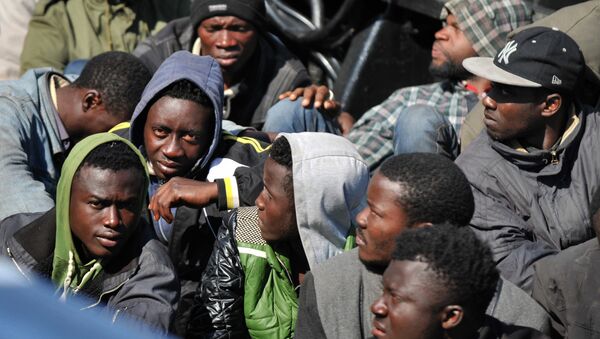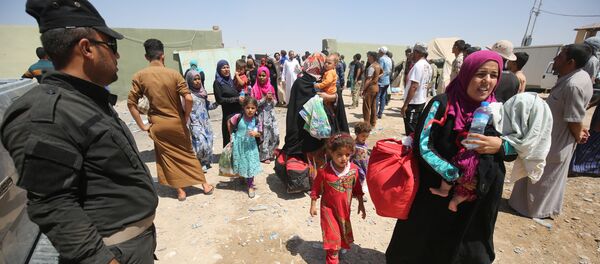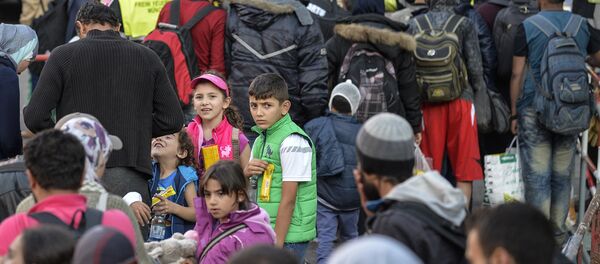As the Flensburger Tageblatt newspaper reported, many parents were anything but happy about the decision as they feared the refugee might potentially pose a threat to their children.
"Nobody — even the pastor — can guarantee that this, possibly, traumatized refugee, who stays in the cellar without daylight for weeks, won't have some kind of a short-circuit reaction," a worried mother said.
"Those who believe that the decision of the Ev. Church community of Flintbek was wrong may cancel their children's visits to the nursery if they think that this is a necessary step which we, of course, will regret," pastor Manfred Schade said.
According to him, it should not be accepted that the "weakest members of our society are publicly denigrated as potential threats or terrorists".
Nevertheless, the refugee was sent to another location and is currently living in a youth center.
In an interview with the Die Welt newspaper, head of the local administration Rolf-Oliver Schwemer said that due to parents' complaints "he asked the community to place the "tenant" in another place. Among other things, it turned out that according to the documentation, the building can't be viewed as a residence facility and thus can't be used for a long stay in it."
In an interview with Sputnik Germany, Jürgen Schindler, spokesman for the Evangelical Lutheran church community, commented on the issue.
According to Schindler, the refugee from Eritrea has already been accommodated there for six weeks.
"Nobody lives in the building. There are only study rooms for young people here," the spokesman noted.
Commenting on the reaction of the parents, Schindler said: "You can see that some people view a refugee from Africa as a threat."
"However, ultimately, the question was whether the rooms in the kindergarden building would be suitable as living areas," the spokesman noted.
Apparently the competent institution had doubts and ordered a legal examination. That is why the municipality decided to place the asylum seeker in a youth center, Schindler stressed.
Germany has been struggling to manage a massive refugee crisis which escalated in 2015 with hundreds of thousands of people from the Middle East and North Africa seeking asylum in EU member states. The country accepted over one million refugees in 2015 alone.





